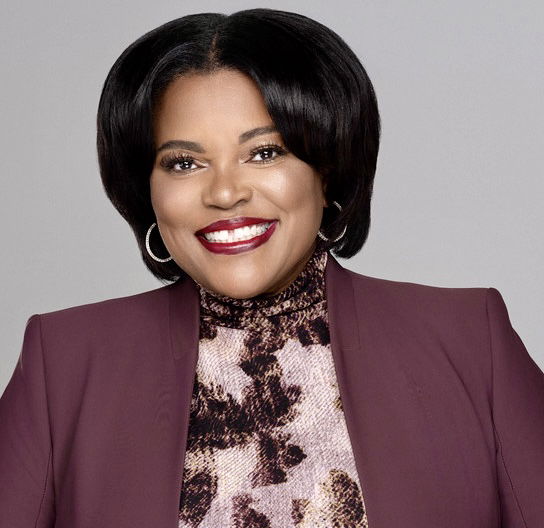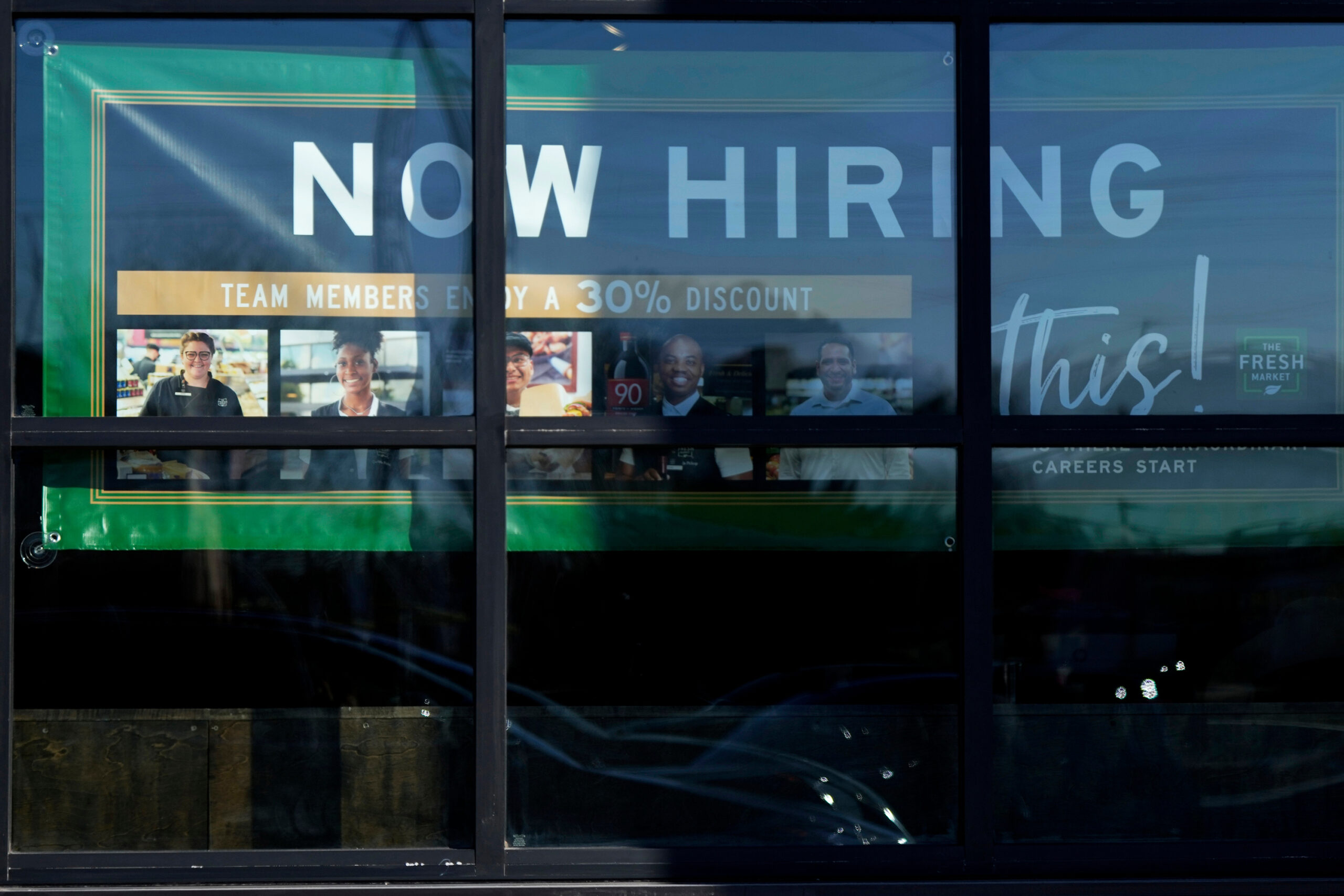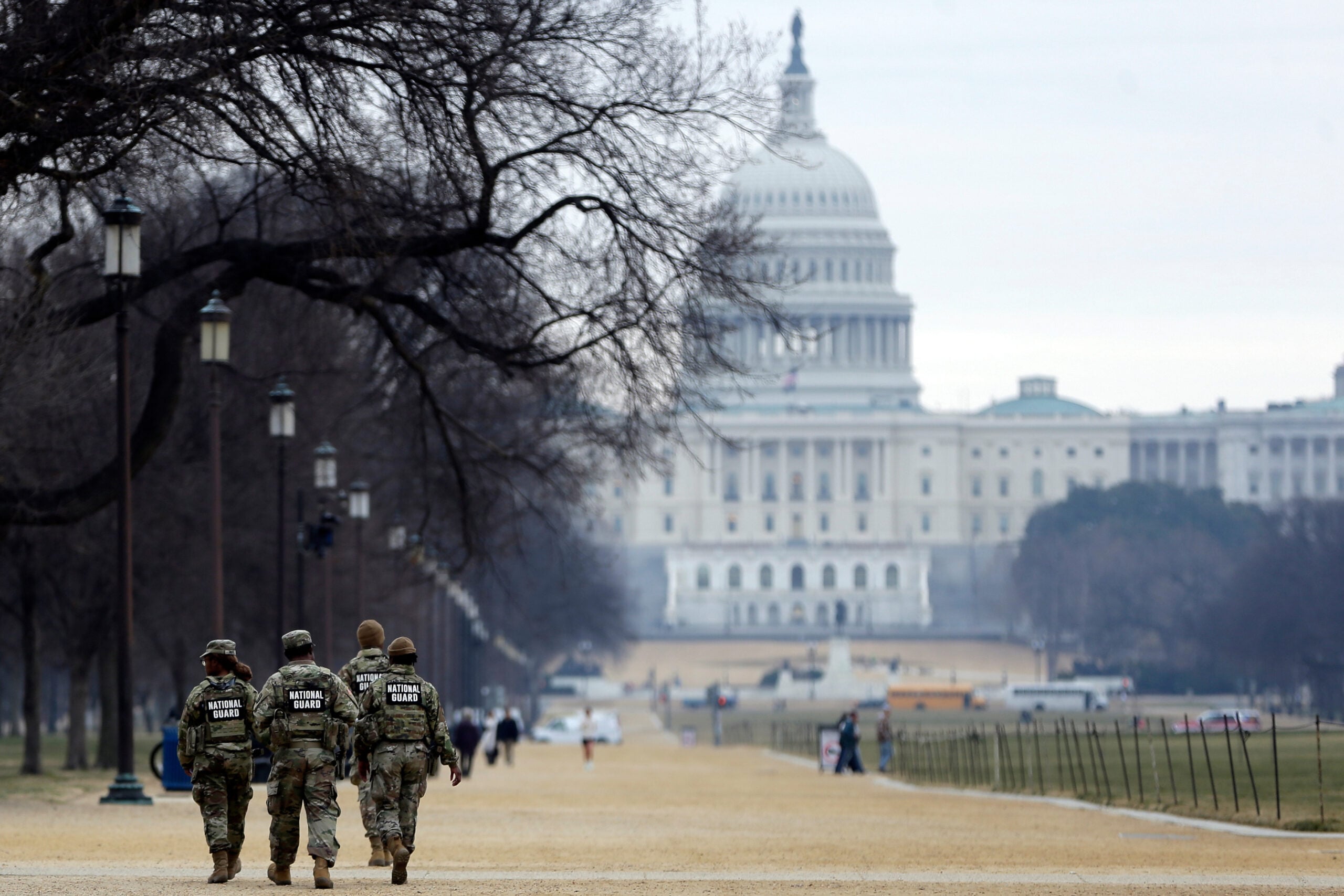
October 2, 2025
Diedre Windsor reflects on her company’s rapid revenue growth and her legacy.
Diedre Windsor, founder and CEO of Windsor Group LLC, has led her company to a fifth consecutive year on the Inc. 5000 list of America’s fastest-growing private companies.
Windsor Group is an award-winning professional services company based in Bethesda, Maryland. Windsor provides best-in-class solutions to both public and private sector clients, identifying areas of weakness and helping resolve challenging issues to ensure optimal success and growth.
Windsor supports its clients in the areas of program and project management, professional and technical staffing solutions, IT support, training, and management consulting. Windsor is a woman-, minority-, and service-disabled veteran-owned small business, as well as an SBA 8(a) Business Development program participant and GSA Multiple Award Schedules (MAS) contract holder.
BLACK ENTERPRISE caught up with Windsor to talk about her company’s revenue growth and Inc. 5000 listings.
Windsor Group just landed on the Inc. 5000 list of America’s Fastest-Growing Private Companies for the 5th consecutive year—a milestone achieved by fewer than 1% of companies in Inc. 5000 history. How do you feel about achieving this milestone?
Windsor: It means staying power. It means we’re doing something right, hiring the right people for the right projects, and paying the right wage to ensure a high retention rate. It’s really about being consistent and proving that a Black woman- and veteran-owned firm can not only survive but thrive in business.
Walk us through the scale of Windsor’s growth. What stands out most to you about the journey from $100,000 in 2017 to millions today?
In our first year, Windsor Group secured a contract for an executive assistant position—essentially a secretary role. Even though I had just left my position as a senior executive in the federal government, I stepped in and fulfilled the role myself. For me, it was a prime contract that would give Windsor a past performance record to build on. That year, 2017, we brought in $103,000 in revenue. From that modest start, Windsor grew to $37 million in 2023 and $25 million in 2024. To date, we’ve generated more than $90 million in revenue on $95 million in prime contracts across 15-plus federal agencies. That growth has allowed us to employ over 260 professionals, engage 100-plus consultants, and 40-plus subcontractors, helping them expand in the process.
As a business leader, what would you say is Windsor Group’s number-one priority?
We are a for-profit business, so revenue—and, more importantly, profitability—is crucial. It allows us to sustain growth, invest in our people, and create opportunities for others. Every profitable contract creates a ripple effect that contributes directly to the economy: more income circulating in households, greater stability in communities, and long-term growth for other entrepreneurs.
What’s your message to those who want to build a business of real value but don’t see themselves as innovators, creators, or celebrities?
My message is simple: you don’t have to be known, popular, or invent the next big thing to build something meaningful. Service-based businesses are the backbone of the economy. Windsor Group doesn’t create content or sell products, and we’re not nationally known. We provide a full suite of professional services, including staffing, IT services, and marketing, that organizations rely on every day. In doing so, we’ve created hundreds of jobs, supported dozens of small businesses through consulting and subcontracting opportunities, and contributed thousands of dollars to charitable causes.
Windsor has managed some of the government’s most high-profile programs, including USDA’s Discrimination Financial Assistance Program. What did this project teach you about operating at scale?
DFAP was a turning point for Windsor. It was a $2.2 billion program providing relief to farmers and ranchers who had faced discrimination in USDA lending. Responsible for the entire East Coast, we opened 21 offices across 27 states, Puerto Rico, and the U.S. Virgin Islands—all within 45 days. That meant adding more than 70 Windsor employees, managing over 300-plus staff at the program’s peak, and coordinating numerous subcontractors. The experience taught us the value of strong infrastructure—executing agreements on time, ensuring timely invoicing, confirming insurance, and thoroughly vetting hires. DFAP pushed us to a scale we had never attempted, proving that success requires not just agility and logistics, but disciplined systems and unwavering trust in your team.
You mentioned subcontracting work to more than 40 small businesses. Why is this significant?
I often say, if you want to help another small business, put revenue into their business. We partner when it makes sense for the project and to demonstrate to clients our ability to build capacity and deliver at scale. Further, I’m a firm believer in lifting others as we climb. Subcontracting strengthens the ecosystem, not just our own company. When we work together, we deliver better outcomes, create opportunities, and strengthen the overall market.
Windsor is well-known for its philanthropy in the greater Washington, D.C. area, having been recognized on Washington Business Journal’s “Top Corporate Philanthropist” list three years in a row. Why is giving a priority for you?
Philanthropy gives my work a greater sense of purpose…and it’s my passion. There are so many nonprofits doing the hard work of bridging the gap between what the government provides and what communities truly need. To date, Windsor has donated more than $600,000 to charitable organizations supporting veterans, women, and underserved communities via groups like the Code of Support Foundation, Women Veterans Interactive Foundation, and the Williams Franklin Foundation.
You’ve spoken often about legacy. What kind of legacy are you building—not just for yourself, but for your employees and community?
I want Windsor Group LLC to be known as a company that takes care of our employees, delivers impact to our clients, creates jobs, empowers fellow small businesses, and gives back generously. When my employees can buy homes, when our subcontractors grow stronger, when nonprofits expand their reach because of our support—that’s legacy.
RELATED CONTENT: Top 100 List from The BE 100s





